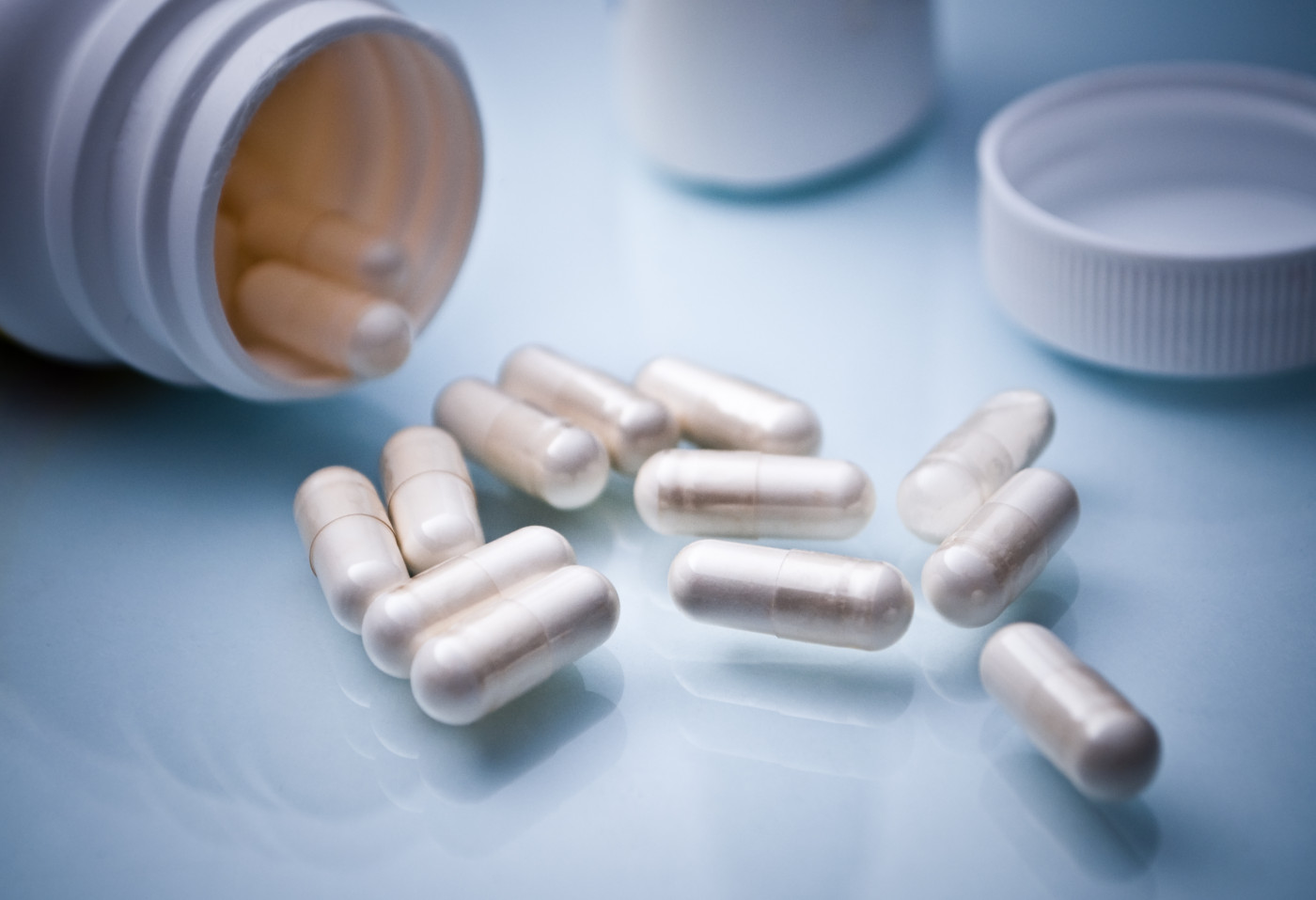New Capsules Being Readied for Trial of Digestive Enzyme in CF Patients with EPI

Delpharm has agreed to manufacture AzurRx BioPharma‘s investigational therapy MS1819 — a potential treatment of exocrine pancreatic insufficiency (EPI) in people with cystic fibrosis (CF) in clinical testing— using enteric capsules, an approach that increases the delivery of lipases (digestive enzymes).
Delpharm produced a first batch of MS1819 with enteric capsules, and is now working to make further batches that comply with current good manufacturing practice (cGMP) regulations. These practices ensure that each batch of the medicine meets high quality standards.
cGMP production is necessary for regulatory agencies to allow the new formulation to enter the planned OPTION 2 Phase 2b clinical trial, where this enteric form of MS1819 will first be tested. The trial is expected to launch in or before this summer.
“We are very pleased to have Delpharm continue to be our MS1819 manufacturing partner as we prepare for the launch of our OPTION 2 clinical trial,” James Sapirstein, CEO of AzurRx BioPharma, said in a press release.
“We greatly appreciate Delpharm’s commitment to continue working through the COVID-19 pandemic to produce our clinical study drug product, which will enable us to meet our planned timelines and initiate the study in Q2 2020, as expected,” Sapirstein added.
MS1819 is a man-made enzyme designed to replace the lipases that are produced in the human pancreas, but cannot reach the gastrointestinal tract in some CF patients because the pancreatic ducts are obstructed with mucus.
Lipases are proteins that degrade fat substances, and help them be absorbed in the intestine. CF patients normally take porcine enzyme replacement therapy (PERT), or pig-derived pancreatic enzymes, as standard treatment for EPI. Because MS1819 is produced by the yeast Yarrowia lipolytica, it may be a safer approach, without risk of transmitting animal diseases.
MS1819 is also more stable than PERT, requiring that patients take fewer pills per meal, which may improve adherence to treatment.
The therapy was investigated in the OPTION Phase 2 trial (NCT03746483), a crossover study in which CF patients with mild-to-moderate EPI were randomly assigned MS1819 or PERT for three weeks, and were then switched to the other treatment for an additional three weeks.
Results showed that the therapy has an ‘excellent’ safety profile, and increases the percentage of fats absorbed by the body, though not as effectively as PERT — 56% versus 86% with PERT.
Since only about half of the participants in OPTION had a fat absorption with MS1819 that was comparable to PERT, AzurRx is now in preparations to test a higher dose of MS1819, delivered using a different capsule in the OPTION 2 trial.
The new capsules will have an enteric coating that prevents its dissolution or disintegration in the stomach, ensuring that more of MS1819 is delivered into the duodenum, where lipases are needed. With the prior formulation, about half of MS1819 was lost in the stomach.
OPTION 2 will recruit about 30 patients with EPI due to CF ,who will be randomly assigned MS1819 – at doses of 2.2 grams (the dose tested in the OPTION trial) or 4.4 grams, or to PERT. OPTION2 will also be crossover study, with patients on MS1819 at either dose or PERT for three weeks, and then crossing to the other treatment for another three weeks.
At the end of each three-week period, stool samples will be collected to assess nutrient absorption.
“Delpharm is very proud to play a role in supporting AzurRx’s clinical trial and helping cystic fibrosis patients gain access to this promising new treatment,” said Sébastien Aguettant, CEO of Delpharm.
MS1819 is also being investigated in another Phase 2 trial as an add-on to PERT for CF patients with severe EPI. These patients often continue to have persistent malnutrition, even after using high doses of PERT.
Participants here are being given increasing doses of MS1819 — 700, 1120, and 2240 mg daily — along with a standard dose of PERT. The goal is to increase fat absorption to levels above 80%.







